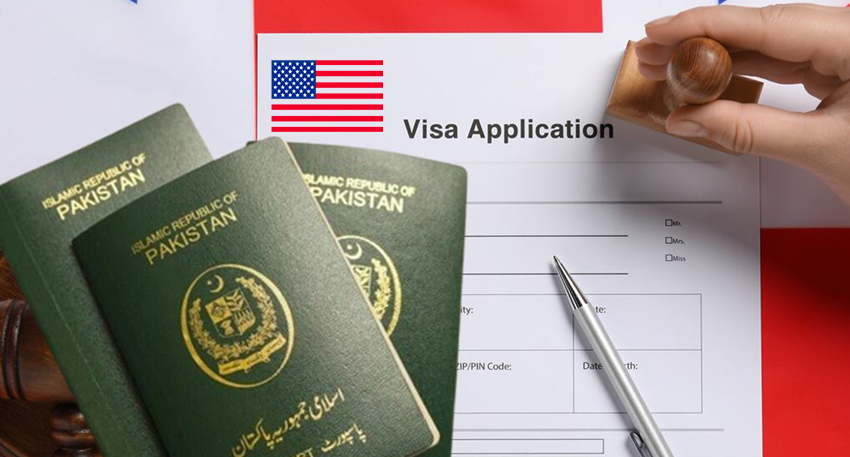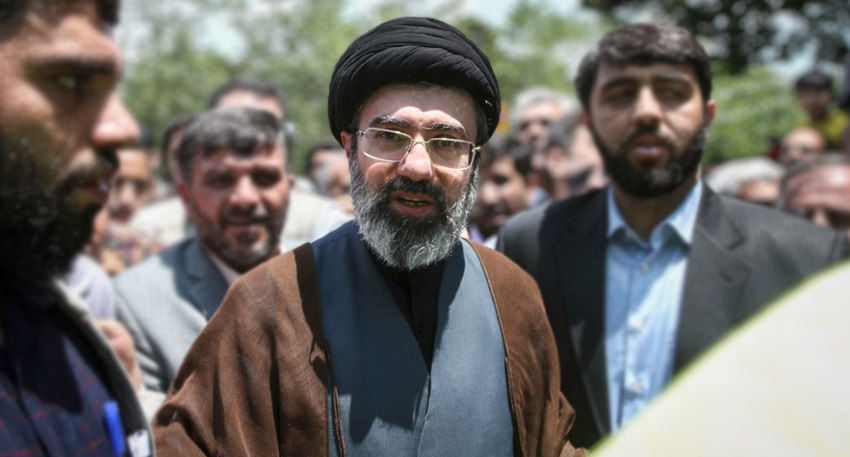
The reforms are part of a national security and immigration initiative, creating new uncertainties and bureaucratic hurdles for international and Pakistani students.
The proposal, listed in the Department of Homeland Security’s regulatory agenda in mid-November, has not yet been formally published but has already raised concerns among universities and international applicants. Officials say the planned revisions focus on national security, fraud prevention, and concerns regarding misuse of work-based training programmes such as Optional Practical Training (OPT) and Curricular Practical Training (CPT).
Under the draft rules, F-1 students would face limits on work opportunities, including the elimination of “day-one CPT,” mandatory employer-approved training plans, and salary requirements intended to prevent the hiring of low-wage foreign workers. The proposal also includes a fixed four-year cap on visa duration, requiring students to seek DHS approval for extensions beyond that period.
Also Read: USA offers fully funded scholarship for Pakistani students
The J-1 exchange visitor category is also set to see changes, with a reduced 30-day grace period after program completion and stricter requirements for transfers. Similar measures are expected for M-1 vocational students, who would need stronger academic documentation for extensions and face the same reduced post-study window.
Education analysts warn that the proposed rules could lead to a drop in international enrollment, with institutions concerned about reduced diversity and financial impact. International students contribute nearly $40 billion annually to the U.S. economy, and many rely on post-study employment to gain experience and recover education costs.
The proposal is expected to be published by the end of 2025, followed by a 60-day public comment period. If finalized, the changes could begin affecting new applicants by mid-2026. Current students are expected to retain their existing terms, though OPT approvals may face tighter scrutiny in the meantime.




